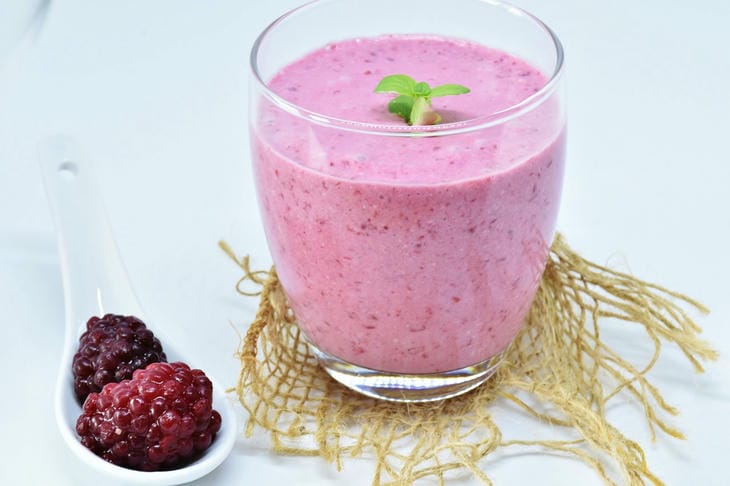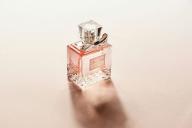You put low-fat yogurt in your basket, buy whole grain crackers and feel confident that you are making a healthy choice.
But what if your “good” diet is slowly destroying one of your most important organs? The liver acts as a filter, but even it can’t handle what we call “good.”
Doctors are increasingly finding that trendy foods from advertising and social media are leading to fatty liver disease, inflammation, and other problems. And the worst part is that these “healthy” killers are in every kitchen.

Take fruit smoothies, for example. They're marketed as a source of vitamins, but a glass can contain up to 40 grams of sugar—almost as much as a soda. The liver converts excess fructose into fat, which accumulates in cells, causing the organ to become obese.
Another enemy is low-fat products. To compensate for the taste, manufacturers add tons of sugar and chemical substitutes. The result? Your liver is overloaded with toxins, and you think for years that you eat right.
Don't forget about vegetable oils, which are considered "light." When heated, sunflower or corn oil releases aldehydes, substances associated with cancer and cirrhosis. And what about protein bars?
Many of them are a mix of sugar, artificial sweeteners, and preservatives that put the liver through its paces. Even cereal bars labeled “natural” often contain hidden syrups that cause inflammation.
And here's the big surprise: instant oatmeal. Yes, the same one you eat for breakfast. After processing, it contains almost no fiber, but it does contain fast-digesting carbohydrates.
They dramatically increase insulin levels, causing the liver to convert glucose into fat. Over time, this leads to insulin resistance and diabetes.
How to protect yourself? Read labels carefully. Avoid products with sugar in the top 3 ingredients, refined oils and "fast" carbohydrates.
Cook at home using whole foods: fresh vegetables, natural fats (like avocado or olive oil), quality protein.
Remember: not everything that is called "healthy" is really useful. Sometimes it is better to eat a piece of real butter than to deceive yourself with low-fat yogurts with chemicals.








